
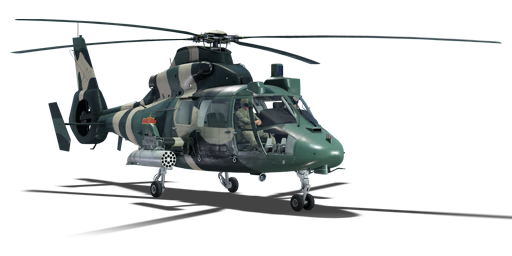


The Z-9W, also known as the 海豚 "Haitun" (Dolphin), is a ground attack variant of the Eurocopter AS365 Dauphin helicopter, which was license-produced as the Harbin Z-9. The "W" in the designation means 武装 (Wuzhaung; armed) and it was one of the earliest dedicated attack helicopters of the PLAGF Aviation Corps. The handsome appearance still greatly resembles the original Dauphin, the modifications being a pair of hardpoints on the side doors and optical systems mounted on the cockpit roof for observation and directing ATGMs.
Introduced in Update "Drone Age", the Z-9W offers a comfortable transition from the starting Z-11WA while bringing some powerful new toys. The Dauphin airframe has excellent agility and can make aerobatic manoeuvres with ease. Its CAS capabilities are enhanced with a high-zoom optical camera, a ballistic computer, an improved HJ-8C missile, and 23 mm autocannons. It also introduces the infamous TY-90 AAM, which allows the Z-9W to serve as a makeshift "flying SPAAG". Thus, the Z-9W is a versatile and enjoyable helicopter that can be used for CAS, counter-CAS, or a bit of both.
| Name | Weight | Slot | ||||||
|---|---|---|---|---|---|---|---|---|
| 18 × | 115.5 kg | 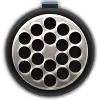 |  | |||||
| 7 × | 252.2 kg | 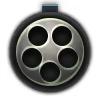 |  | |||||
| 2 × | 73.7 kg | 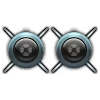 |  | |||||
| 2 × | 74.1 kg | 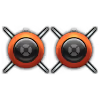 |  | |||||
| 2 × | 75.3 kg | 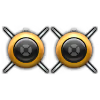 |  | |||||
| 90.8 kg | 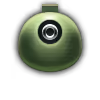 |  | ||||||
| 97.1 kg | 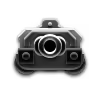 |  | ||||||
| 2 × | 110.3 kg | 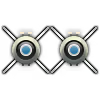 |  | |||||












Flight performance |
|---|
Survivability |
|---|
Weaponry | ||
|---|---|---|